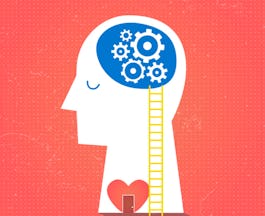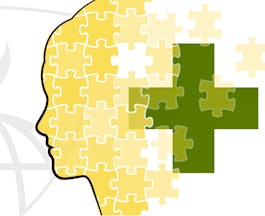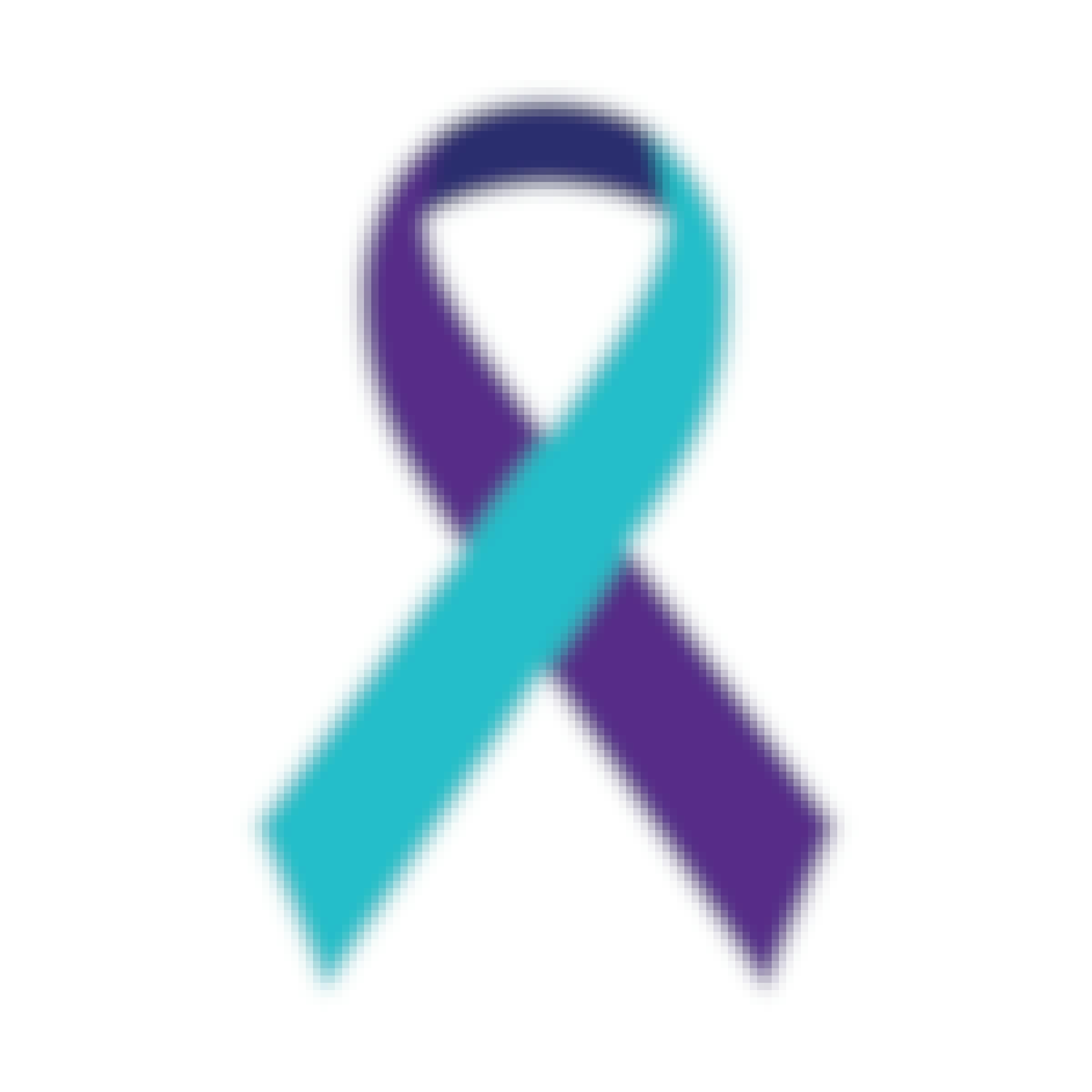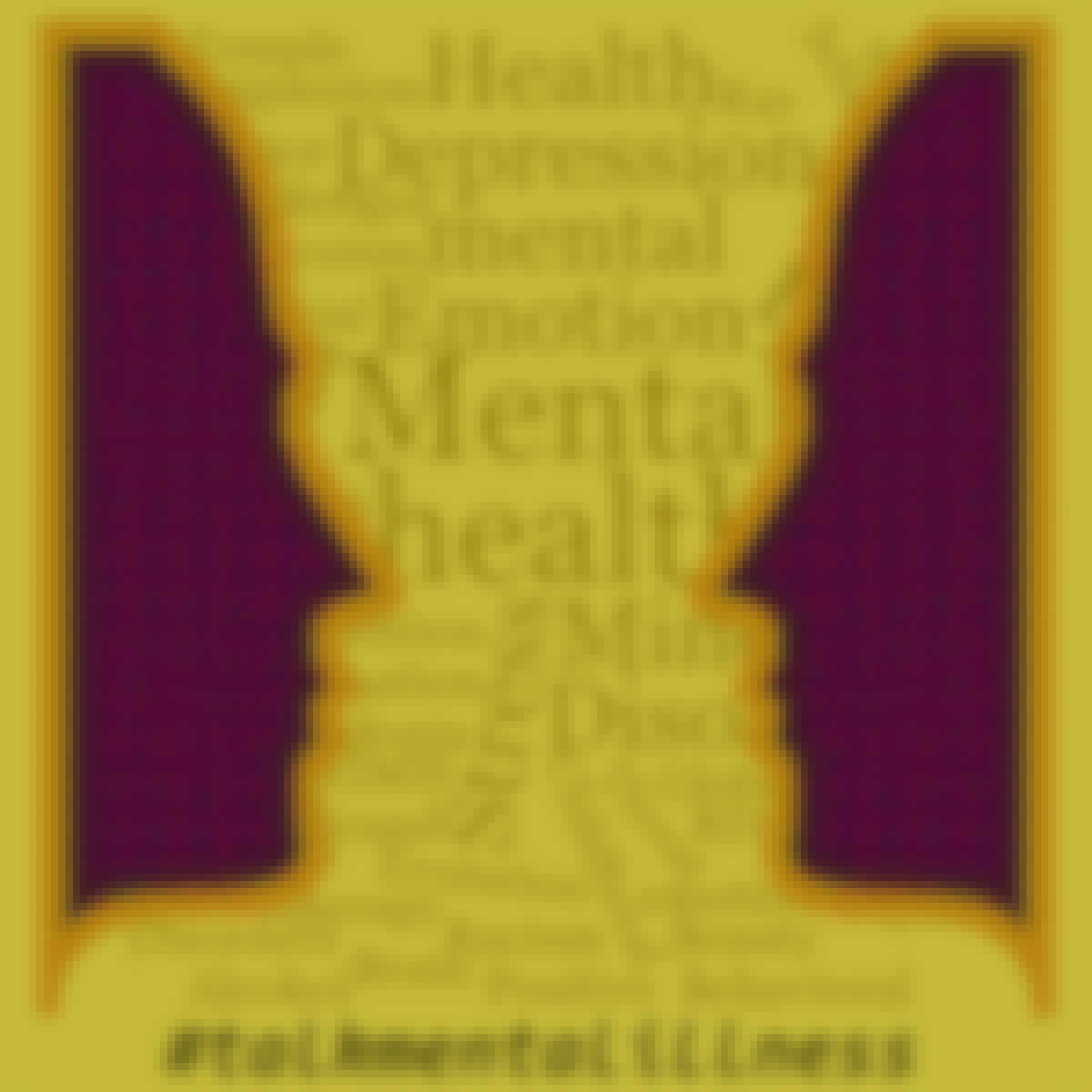Choose the Mental Health Course That Aligns Best With Your Educational Goals
 Status: Free
Status: FreeThe University of Sydney
Skills you'll gain: Resilience
 Status: Free
Status: FreeYale University
Skills you'll gain: Critical Thinking
 Status: Free
Status: FreeYale University

Johns Hopkins University
 Status: Free
Status: FreeYale University
Skills you'll gain: Emotional Intelligence
 Status: Free
Status: FreeUniversity of Toronto

Wesleyan University
Skills you'll gain: Epidemiology
 Status: Free
Status: FreeUniversity of Toronto
Skills you'll gain: Resilience, Leadership and Management
 Status: Free
Status: FreeYale University
 Status: Free
Status: FreeWesleyan University
 Status: Free
Status: FreeUniversity of Pennsylvania
Skills you'll gain: Health
 Status: Free
Status: FreeUniversity of Colorado Boulder
Searches related to mental health
In summary, here are 10 of our most popular mental health courses
- Positive Psychiatry and Mental Health: The University of Sydney
- Introduction to Psychology: Yale University
- The Science of Well-Being: Yale University
- Psychological First Aid: Johns Hopkins University
- Managing Emotions in Times of Uncertainty & Stress: Yale University
- The Social Context of Mental Health and Illness: University of Toronto
- Suicide Prevention: Wesleyan University
- Mental Health and Resilience for Healthcare Workers: University of Toronto
- The Science of Well-Being for Teens: Yale University
- Schizophrenia: Wesleyan University










